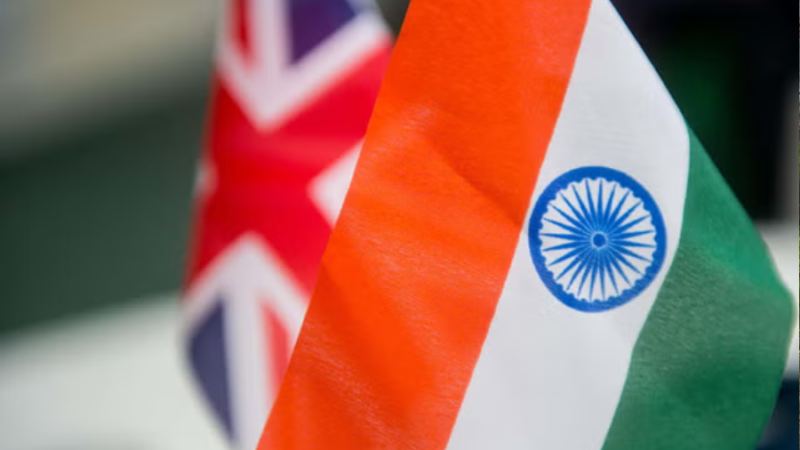Supreme Court: India top court upholds quotas for poor

A contentious regulation that permits 10% of college spots and government employees to be allocated to the underprivileged has been maintained by India’s Supreme Court.
This is in addition to the 49.5% of quotas set aside for caste-based groupings and tribal members who face social disadvantage.
Even those from upper castes will receive preference under the new law.
In an effort to redress historical injustices and offer a fair playing field for the historically underprivileged, India implemented quotas for individuals at the lowest rung of the severely discriminatory caste structure in government positions and educational institutions in 1950.
Although it was once believed that reservations would stop after 10 years, the law has changed over time to extend the duration of reservations.
The Other Backward Classes (OBCs), which lie between the traditional upper castes and the lowest, were added to the list of groups eligible for quotas in 1989.
The government of Prime Minister Narendra Modi changed the law in January 2019 to permit 10% of seats to be reserved for the poor, or “economically weaker sections,” in cases where a family’s yearly income was below the taxable threshold.
The judgement was contested in front of the Supreme Court, with opponents claiming that it was discriminatory because it excluded caste groups already protected by the reservation system and that it violated a 1992 decision by the highest court that set a 50% quota maximum. It is now 59.5%, thanks to the new law.
The government had maintained that it was its responsibility to uplift those who were economically disadvantaged and to protect their interests.
Three of the court’s five justices upheld the government’s 2019 directive, and the court issued a ruling in favour of the law on Monday.
According to the courts, the government should interpret economic-based reservations as “affirmative action” because they “do not undermine the core structure or constitution of India.”
The rule “undermines the fabric of social justice,” according to Justice S. Ravindra Bhat, one of the two dissenting judges, because it excludes groups that have historically been marginalised by society.






